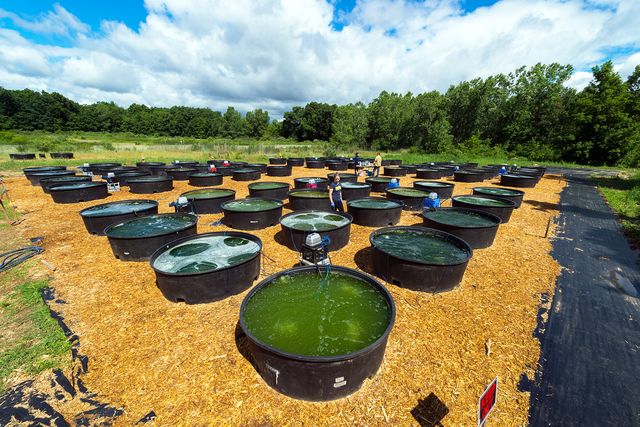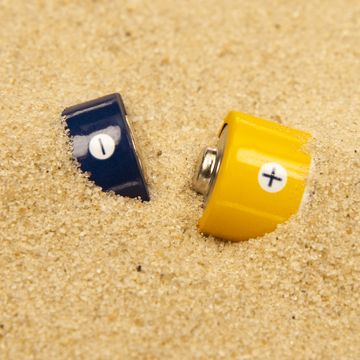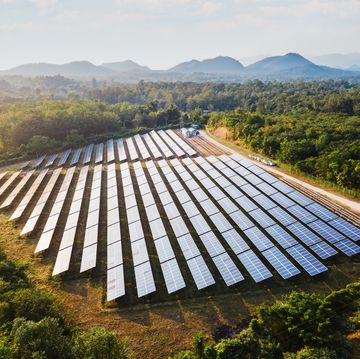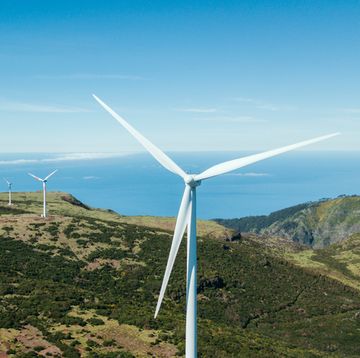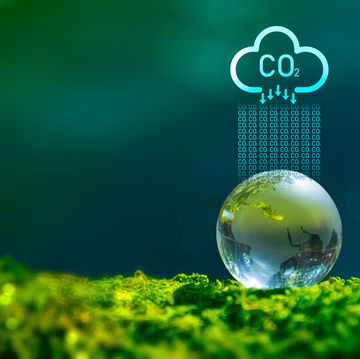Researchers at the University of Michigan are working on a way to make renewable diesel fuel from algae. A new $2 million grant from the Department of Energy will help those researchers successfully develop a method to harvest algae and turn it into fuel that doesn’t contribute to climate change.
This is, of course, far from the first technology to create environmentally-friendly diesel. Industries have been converting corn and soybeans into fuel for years now, but those methods have plenty of downsides. Every soybean and ear of corn converted into fuel is food that doesn’t feed anyone, it takes lots of land to grow those crops, and transporting the crops from the farm to the factory to turn them into fuel takes a lot of fuel itself.
Algae has none of these disadvantages. Algae is typically grown in vats, and those vats can be placed pretty much anywhere. Algae is cheaper and faster to grow than either corn or soybeans, making it ideal for converting into fuel. And of course, nobody eats algae. The only reason we don’t currently use algae to make biodiesel is because nobody has yet figured out how to do it.
The University of Michigan researchers that received the grant will test multiple species of algae to find the ones that best produce the oil the scientists need to make fuel. Once they’ve zeroed in on the type of algae they’re going to use, the researchers will explore how best to turn that algae into high-performance diesel.
Their goal is to create a fuel that runs better than standard diesel while contributing much less pollution and CO2 into the atmosphere. Specifically, they hope to create a fuel that minimizes soot in the engine, increases powertrain efficiency, and reduces greenhouse gas emissions by 60 percent.
The biggest challenge for the researchers right now is developing algae that can thrive in outdoor conditions. Growing algae in open-air tanks is best for scaling this technology, but it makes it harder for those algae species to survive. But if these researchers can make a breakthrough in this area, it could help us start to replace fossil fuels with something more sustainable and environmentally-friendly.
Source: University of Michigan
